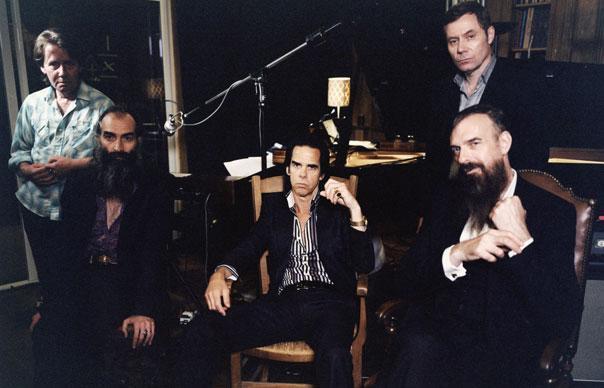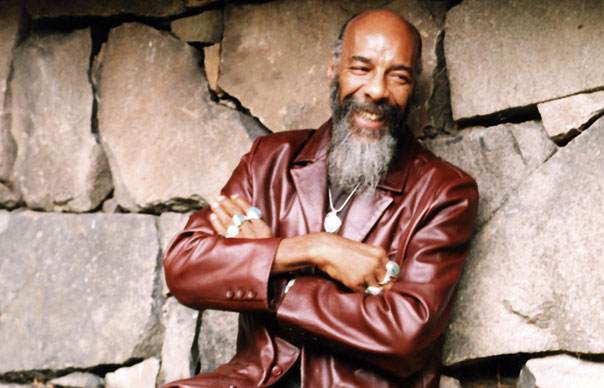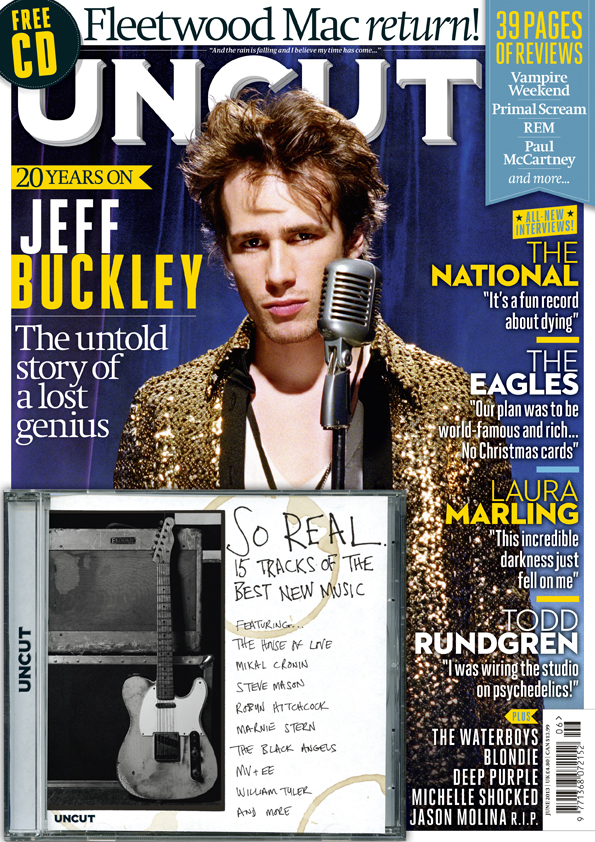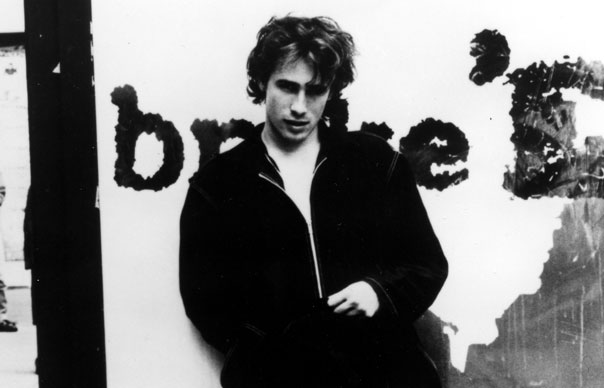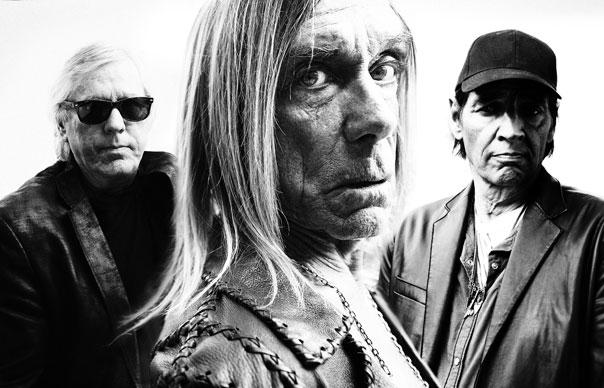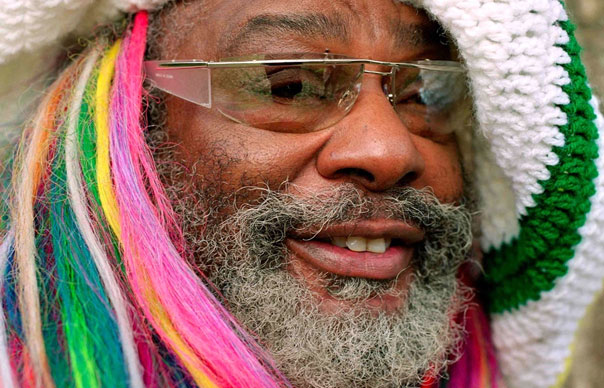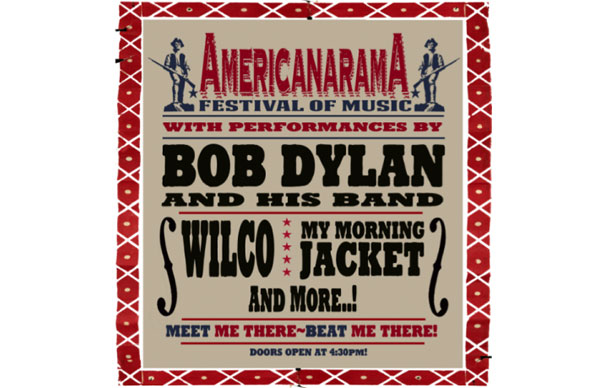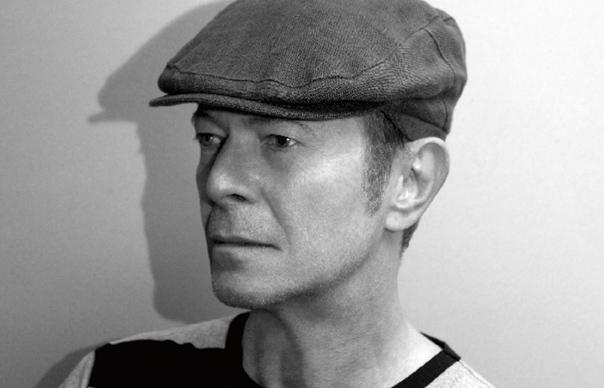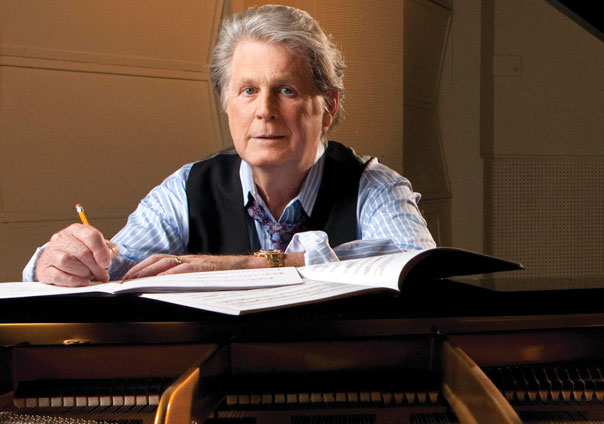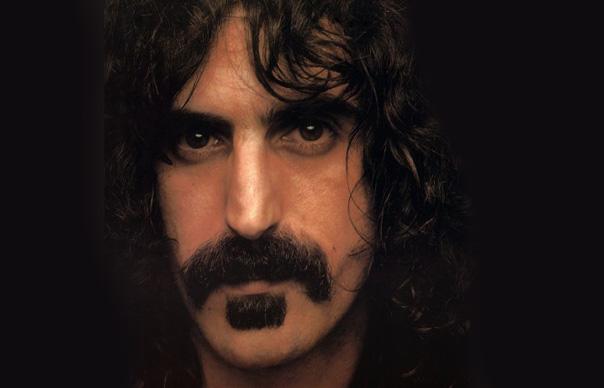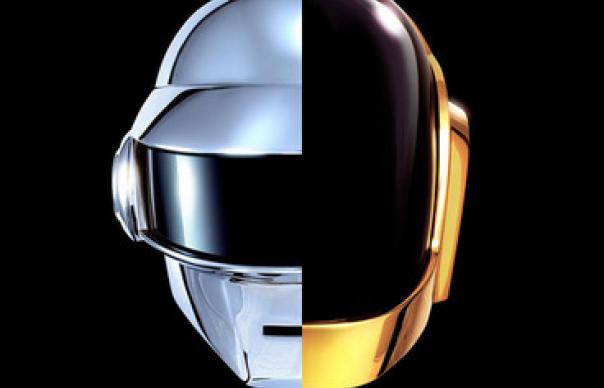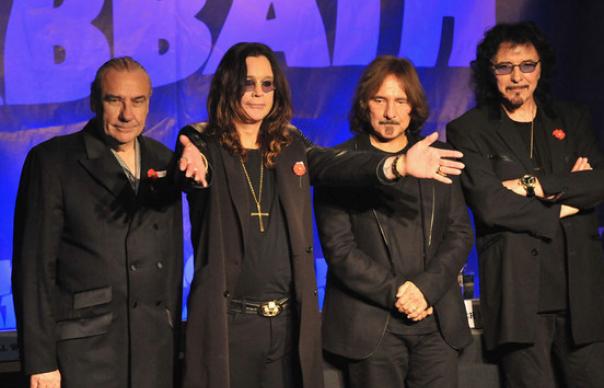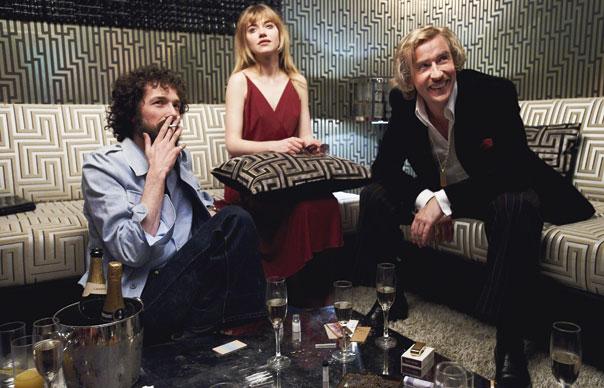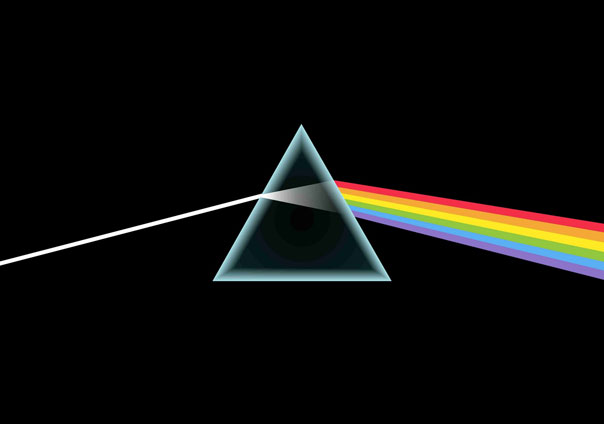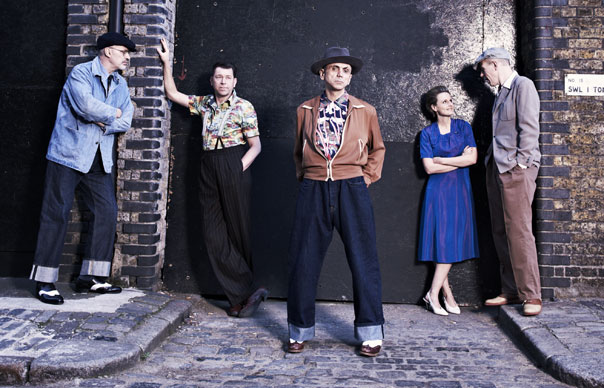The new issue of Uncut arrives in UK shops on Thursday, though perhaps a few subscribers, with a prevailing wind, might have already received their copies. Lots of interesting stuff in there, including new interviews with The National, Laura Marling, Deborah Harry and Todd Rundgren; The Eagles, The Waterboys, Deep Purple, Mark Mulcahy, Kurt Vile; reviews of Fleetwood Mac, Vampire Weekend, REM, Van Dyke Parks and Jandek; respects paid to Jason Molina, Andy Johns and Phil Ramone; and a brief exchange with the now notorious Michelle Shocked.
The cover story, meanwhile, focuses on Jeff Buckley, as the 20th anniversary of “Live At Sin-é” approaches and the new “Greetings From Tim Buckley” biopic appears in the UK on pay-per-view. David Cavanagh’s dug deep into the creation of that EP and “Grace”, talked with many of the people closest to Buckley, and come up with a revelatory piece, I think.
After chatting with David about his feature, I went into the NME archives and fished out Buckley’s first meeting with the UK press. Originally, my interview appeared in early 1994 as a 400-word New Artist piece, before Buckley had played in the UK, though the version below is the full version that I ran in NME in May 1998. Totally forgot about the Pop Will Eat Itself reference…
#
Jeff Buckley was first interviewed by NME in February 1994, just before his first EP, “Live at Sin-E”, was released in Britain. It was a bitterly cold, blustery day, but it didn’t stop Buckley striding down the main street of Hoboken, New Jersey (where he was to play a remarkable solo gig later that night), bawling an operatic version of Beck’s ‘Loser’ at bemused passers-by.
Over the course of an evening, that seemed typically eccentric behaviour. He was ridiculous and funny and charming and blessed with the presence of a superstar, even though back then he was virtually unknown beyond music business insiders and the regulars at a string of New York folk venues. That didn’t last long.
At this early stage, Buckley had rarely been interviewed and it was hard to judge whether he was either ineffably pretentious or a very seductive wind-up merchant. Listening to the tape again, with a clutch of late (and often less candid) features to one side, I think he meant most of what he said. Some of what follows is weirdly profound, way outside the usual parameters of rock interviews. Some, on the other hand, especially when you take into account the long pauses between words, is the sounds of a man at the start of his career trying desperately hard to portray himself as deep. “I just think too much sometimes,” he mentions towards the end. And it’s impossible to argue with him.
Then, of course, there’s always the awful prescience that always seems to reveal itself when you go picking through the words of the dead. Buckley talks about taking unnecessary risks in life, about his eagerness to record more new songs long before “Grace” is released (which touring would deny him the opportunity to do for years) and, most unnerving of all, talking about drowning in music. Only a fool would find warning signs in old metaphors. But no-one, almost certainly, would deny their poignancy.
Where do you come from?
“I’m your basic average white boy, basically (laughs). Southern California, was born in Martin Luther King hospital in LA in ’66. Lived every place in Southern California.”
How come you moved around so much?
“Mmm… things happened. With marriages and relationships and jobs and stuff we had to do. One time we got evicted – all kinds of cool travails. But I finally left when I was 17. I let my mom move on and then I finished high school and went to LA. I lived there for about six years and by the end of that I was completely depressed and then I moved to New York.”
When did you start making music?
“When I was a kid. I started writing when I was 13. I got my first electric guitar when I was 13, but I’d always been singing. I had my first little acoustic when I was six. But I started being in bands when I was 13. Crappy rock bands, avant-garde things where we’d like ‘wanna go against the norm, man’. A lot of crazy shit, Musically it sounded like, I dunno, Captain Beefheart and David Bowie. One of the guys was way into Genesis, like the old Genesis. Remember we were kids, man. We were just fucking around. But by the time I was 14 or 15 I finally landed back in Anaheim, which is where Disneyland is: that place is such a wellspring of hatred for me. Because of its straightness, and because of the conservatism and debilitating that is to any artistic soul – just anybody that’s different. Every time I came to a new school I was always the new kid and I could stare out over the classroom and know exactly who wanted to kick my ass and who was gonna be my friend, like where the misfits were.”
Do you still see yourself as a misfit?
“I dunno… I feel out of step. Musically. Just out of step, not even behind or ahead. Just sort of like… I dunno, sometimes I feel like I’m still… just not… in sync. I don’t know how to explain it. I just am.”
You feel that’s in your personality and your music?
“Sure. I mean there’s no separation. Maybe it’s because I just have a different experience of life than most people. I don’t see people, I don’t see men and women at all. When I see them I see… their mothers and fathers. I see how old they are inside. Like when I look at the President, or anybody in record company, or a store owner, I may see a little boy behind the counter with the face of an old man. And that’s who I talk to. And it’s strange: it’s like seeing ghosts everywhere. I don’t really go on what people say so much, I go on their voice. I go on their energy at the time. I go on how close their arms are folded into their chest. And sometimes when I talk, I just don’t make sense. Sometimes it gets me into trouble.”
Why?
“Sometimes I don’t make myself understood all that well. I don’t do well when I communicate sometimes, but I’m trying to communicate directly.”
You seem to very intensely weigh up every word you say.
“(Sighs) That’s ‘cos I don’t wanna go off too much.”
You rant sometimes?
“Yeah, I do.”
What about?
“Anything.”
What makes you angry?
“Oh… myself, usually. Or when somebody’s not really being fair to themselves. Or when somebody’s terribly self-critical – and this is very rare – that they’re very cold to other people. Someone who very wilfully wants to destroy something in other people, especially their dreams. That makes me very angry.”
Has that happened to you a lot?
“Sure. Going through the American school system.”
What about now? There must be a lot of pressure on you now, a lot of people excited at what you’re doing?
“No, there’s no pressure really from Columbia. They’ve actually clammed up about it. It’s miraculous (laughs). I have an incredible amount of pressure on myself.”
What do you see when you look in the mirror?
“Um… A little geeky kid. An old man. Both. Sometimes I can see a sexually obsessed woman.”
Does that ever come out?
“Oh yeah, sure. When I sing. But usually I feel too old inside.”
You think there’s a kind of schizophrenia, then, that fires the way you sing?
“I think that all people are many people. I think all people have many, many, many different souls inside and they just shift from one to the other.”
Are you a very sexually obsessive person?
“I just see sex in everything, ‘cos it’s everywhere. It’s not even the act so much, it’s the energy that surrounds everything and the way people work. And singing is… music is very reflective of sex.”
Is it like that old cliché that being onstage is better than sex?
“No. Sex is better than that. Sex is great. I appreciate it like I appreciate my skin and my teeth and my dreams. It’s a part of me. But I see it so much it’s like that religious feeling when people say that they see God everywhere and in everything. It’s just a tremendously great human gift. It’s the energy that powers everything that everybody does. I’m not talking about penetration. The Greeks were very, very smart in that way: that there were aspects of human life like sex, joy, envy and greed and they had a direct relationship with them as if they were people so they made gods and goddesses out of them. It’s sorta like that.”
So in what way does it inform your music?
“Well… I enjoy being ecstatic. I like visiting all the emotions directly. Every emotion has a sound. My human identity forms my music.”
You say you feel musically out of step. What inspires you to make that music?
“Oh, it comes directly from my dreams.”
But what about the way it sounds?
“What about it? What makes it that way?
Yeah. Prosaically, what are your influences?
“…People. That I meet. Sometimes I’ll have an indefinable feeling about them that translates into a sound in my head. Or the music of my childhood, or the music of the times when I really needed it. And I really need it now. There’s the holy trinity of Beatles, Hendrix and Zeppelin, but they have an incredible range. Anything with soul. I fall in love with all kinds of music and still have disgusting amount of hero worship.”
Who for?
“Erm, Billie Holiday… (a baby crying across the room distracts him) BAY-BEE! DON’T WORRY! Erm… Judy Garland, Edith Piaf, Bob Dylan, the Pistols, PiL, Duke Ellington; that’s one of the rare cases where amazing, incredible. Crazy music comes out of joy. The Velvets, the Pixies – I miss them. It pisses me off the Kurt Cobain’ll write a good song and it’ll just get fucking run into the ground by MTV. Oh… if you wanna talk about older stuff, I adore Patti Smith. And I carry Allen Ginsberg with me everywhere. Sun Ra. Oh God, we could go on for hours. Critically acclaimed, being on TV doesn’t mean shit. I’d like for people just to turn away from those things and go out by themselves and really get surrounded by the music, loving it or hating it. ‘Cos it really doesn’t matter unless you taste it. unless you taste it you don’t know it, not even from your CD player.”
Off tape you said you were a freak magnet. Why?
“It’s my fault really because I welcome it. Apart from the music, my identity – my soul – welcomes extraordinary, extracurricular experience: possibly dangerous, possibly stupid; I’ve done a couple of those. Like getting stranded in Chicago in the ghetto, having a great time for four or five hours then getting picked up by the cops and the adventures that ensued therein. Things that would totally make my friends worry about me all the time. And they do. Like talking to people you’re not supposed to. The fringes are where life is happening. There’s the conventional world, and then there’s the eccentric world way out on the fringes and that’s usually what speaks to me most.”
Do you survive on taking risks?
“Everybody does.”
You think all those people in Anaheim do?
“Sure. They’re risking their lives by being so completely closed. They’re taking the ultimate risk. They’ll die so young, they’ll be old so fast. David Lynch has nothing on this place. Going to high school with the Disneyland Nazi Youth. I just never, ever seek to inhabit that sort of space again. But New York is full of beautiful, strange people. Like Quentin Crisp. Allen Ginsberg. Not even really famous people.”
Are you ambitious?
“Sure.”
Do you want to be a star?
“That’s secondary. No, I wanna find these things that I smell way in the distance. I wanna dig to them, I wanna swim down to them, I wanna drown in them. I don’t know what they are. It’s a kind of music – it’s a kind of place, actually.”
Do you think you take things too seriously?
“I don’t know what that means.”
Don’t you?
“No. What, like just music?”
Just everything.
“I think… I have… a strong sense of wonder for things, and a strong sense of cynicism at the same time. No, I don’t think I’m too serious. You’ve got to be cynical to draw boundaries between you and the things that will waste your time. And you have to be cynical to make sure you do what’s right sometimes.”
One question which I have to ask: about your father…
“Right. What do you wanna know?”
Well, there are definite similarities in the music.
“There are? Like what?”
Like your voice. Like there’s something audacious about your music. It takes risks. It has a dynamic which is very much of its own. Do you see that?
“Well, yeah, I was born with the same parts. But it’s not really our voice. Like, I don’t just have his voice – his father had that voice. I didn’t even know him at all, really, I met him for a week. I was seven, eight, something like that.
Quite close to the end, then.
“Yeah, that’s right. Two months. He left before I was born, so I didn’t really know him, and he never wrote or called or anything.”
Was he very awkward with you when you met him?
“Don’t remember… No, no, he sat me on his knee but we really didn’t talk. It was backstage somewhere. And then he bought me a toy and we had dinner together, him and his chosen family. He remarried and adopted a son and he was very much in love. They were his own people. But I don’t really go to him for information, I don’t go to him for inspiration. I’ve got my own loves. But maybe, yeah, I’ve got the same parts right here. I don’t think I make the same choices, though.”
What about?
“About music. I mean, punk didn’t happen to him. Bad Brains happened to me. And I think I use… I dunno… Maybe we were born best friends and we never got to be that, sorta had something in common… My mom and my stepfather had everything to do with my musical opinions my mum sang, played the piano and cello, and my stepfather was a car mechanic and bought records and turned me on to all kinds of amazing stuff.”
Did you ever listen to your father’s records? Were they in the house?
“No. I think mom had them somewhere, but I listened mostly as a kid to Joni Mitchell and Crosby, Stills & Nash and Stevie Wonder and Sly. Anything that was on the radio… Does my breath smell bad, ‘cos I had like houmous with onions in it? Horrible. It’s Bad Breath Yank from California… What else do you wanna know?”
I think your music’s going to mean a lot to a lot of people. How are you geared up for adulation? How well can you deal with the fact that people are going to be using your records for very intense experiences?
“Well… If they do, that’s great. But there are two kinds of beauty: there’s people that are born with a melodious soul, those that make music; and then there’s those who can appreciate it. And neither one is more important. One can’t happen without the other. The musician makes the music with the audience if he or she is doing the right thing.”
Do you need adulation?
“No. I quite like it, but I don’t need it. It’s an exchange. It’s all feeding. And sometimes people just aren’t ready for it, or they couldn’t care less, or they actually don’t like me and I can feel that too. At least it’s real. That’s the way it’s been all my life. I can see people and they hate me. For no reason. Something about me makes them not like me. But music especially, because it gets into the bloodstream immediately. There’s something very primal about it. You can’t close your ears. Maybe your heart is closed to it, like maybe you don’t like Pop Will Eat Itself and it irritates you every time it comes on, so you’re not open to it. But other people will fucking suck their toes if they have the chance. I don’t even know what the look like, or what they sound like. They just came into my head. Music works quickly.”
You say you struggle for words sometimes. Do you feel it easier to communicate your feelings by wordless singing?
“Words are limited, actually. It’s a heightened way, but then sometimes if I say into the microphone as part of the music, ‘I know that you’re afraid to love me’ at the right time, it’s a balance between both. Music is for all the broken homes that’ve ever existed, ‘cos for once it’s the perfect marriage between a male and a female, the language is very structured and very male and the voice is wide open and chaotic and very female. I mean, the energies. It’s like blood is this flowing thing and it needs the structure of the vein to take it to the right places. And without it there’s internal bleeding and death. And that’s why it’s so powerful. And that’s what I see. But it’s basically just songs about my life and little things.”
Do you use it in any cathartic way?
“Sure. It has helped me, but I don’t… Last night it cured a headache. I had a huge headache in my shoulders and by the end of ‘Grace’ it was gone. It’s like storytelling, all songs and stories take you through this journey, this path, through your psyche, like a dream. And it can take you anywhere. So sometimes it even heals.”
It’s that powerful?
“Sometimes. It can solve problems, and sometimes it can change your heart. It doesn’t even inspire you to make music, it just inspires something in your ordinary life which is unavoidable. Without that, I’d have nothing. And right now I have very little ordinary life, ‘cos I’m on the road.”
What do you miss?
“I don’t know, I don’t know that I’m missing anything. I just think too much sometimes. Sometimes I’m even happy because I’m so engaged in the thinking. But that’s the great thing about performing, and why it is also sexual, because in that moment – or in that evening – I’m completely in the present for once in my life. Nothing that came before or anything that may come after: only what matters is now. And that’s what human beings crave.”
Is there anything else you want to do?
“We’ll see. I may get screwed up and then I’ll have to take up sculpting. I’d be at the beginning again and be a child again and grow up. As long as it has a life. I’m not so important as a name or a body or a face or a person, it’s really it.”
And when’s the album (“Grace”) coming out?
“About June (It was eventually released in August). That’ll come out, and then I wanna come out with something immediately, ‘cos I’m sick of hearing this album.”
Follow me on Twitter: www.twitter.com/JohnRMulvey


